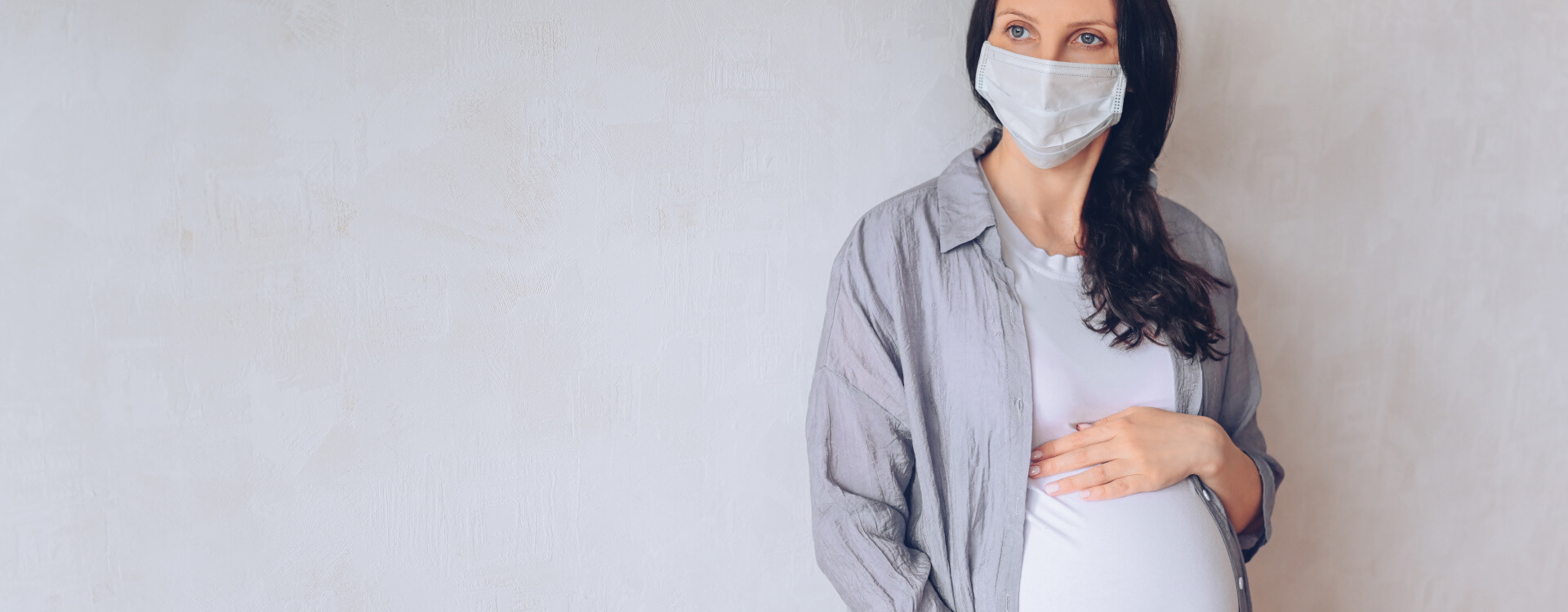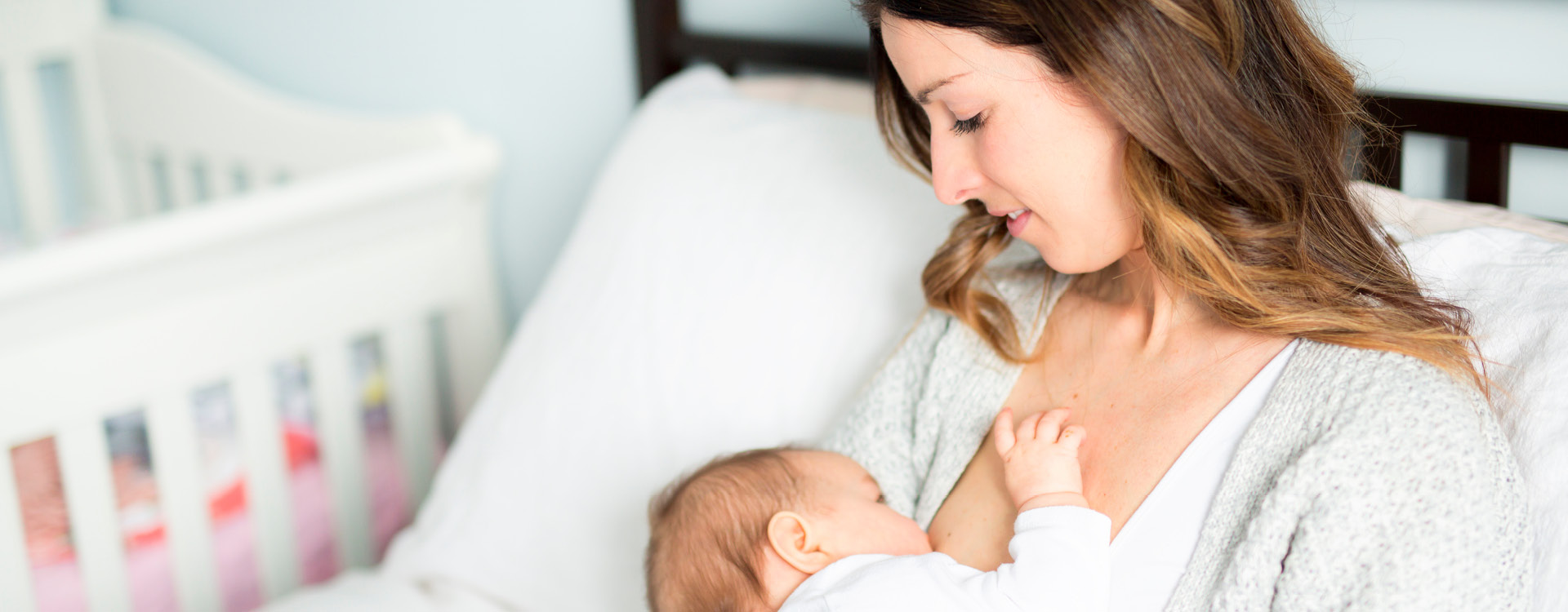UPDATED information current as of November 27, 2020
At MiracleCord, we know that COVID-19 is probably at the forefront of your mind during your pregnancy this winter.
In May of 2020 we provided resources for dealing with Pregnancy and Cord Blood Banking During COVID-19. It’s been over six months since that article posted and unfortunately we’re now looking at a second wave of COVID-19 cases going into the winter season.
As time has passed since the pandemic began, there has been more opportunity for scientists and medical experts to study the effects that the virus might have on pregnant women and their babies. While there are still a number of unknowns, experts have been able to start putting together some more solid suggestions and guidelines to keep pregnant women safe during the coronavirus outbreak.
As a result, we wanted to take time to provide you with updated information about how COVID-19 may affect pregnant women and their unborn babies, as well as provide you with some tips and tricks to stay healthy this winter.
Am I at Higher Risk for COVID-19 While Pregnant?
As was the case back in May, studies indicate that pregnant women are not necessarily at higher risk for catching COVID-19 than other individuals, as long as they are following the advice of their medical practitioner, and practicing the appropriate guidelines for social distancing, mask wearing, hand washing, and sanitizing.
However, based on new research that has been conducted since our first article, sources such as the Mayo Clinic, the Centers for Disease Control and Prevention (CDC), and the American College of Obstetricians and Gynecologists (ACOG) do indicate that pregnant women are potentially at greater risk of developing severe illnesses and complications as a result of contracting COVID-19. According to the Mayo Clinic, recent studies have shown that pregnant women may have a greater likelihood for developing respiratory complications that require being put on a ventilator. They also note that there is some indication that contracting COVID-19 while pregnant can lead to higher instances of premature births, or newborns ending up in the neonatal unit.
As a result, it is recommended that you follow the advice of reputable organizations like these and make sure to continue to go to your regularly scheduled doctors appointments and maintain active communication with your healthcare providers. Be sure to let your doctor know immediately if you are experiencing any COVID-19 related symptoms, or if you have been exposed to someone with the virus, so that testing and any necessary precautions can be taken as quickly as possible.
If you have extenuating circumstances that prevent you from visiting your healthcare provider in person, or they have implemented in person restrictions on office visits, there are a number of other available resources available to help you get the healthcare you need. Many hospitals and clinics are now offering telehealth services where you can talk to a doctor online, while community health centers, local health departments, and even some insurance companies can provide you with additional health care resources to help you during this time.
Can I transmit COVID-19 to my unborn baby?
According to an article published by Harvard Medical School, over the past several months there remains limited evidence that a mother with COVID-19 will pass the infection to her unborn baby. Please continue to refer to reliable sources like the CDC, WHO, ACOG, or other respected medical research organizations for up-to-date information throughout your pregnancy.
Should I Breastfeed My Baby During COVID-19?
NEW QUESTION
At this time it is believed that the likelihood of spreading the coronavirus to your child through breastfeeding is very low. The limited research that has been conducted shows no evidence of COVID-19 in breast milk [*].
The larger concern when it comes to breastfeeding your baby is not transmission of the disease through the breast milk, but through respiratory droplets that are emitted while feeding your baby. The CDC suggests that before engaging in breast feeding you should be sure to thoroughly wash your hands and wear a mask at all times while holding your baby.
If you do get sick with COVID-19 or are in a situation where you are unable to breastfeed your baby directly, it is suggested that you express your breast milk using a properly sanitized breast pump that is used only by yourself. As usual, be sure to wash your hands and wear a mask while using the pump to avoid contaminating the pump.
Can Cord Blood Contain COVID-19?
The FDA states that respiratory diseases and coronaviruses, like COVID-19, are not typically transmitted through blood or other cells in the body. As of November, 2020 there have been no reported cases of COVID-19 transmission through blood transfusions. This indicates that there is almost no risk of your baby’s cord blood being infected with COVID-19.
Furthermore, ACOG continues to recommend that cord blood banking could continue as long as standard clinical guidelines were followed and personal protective measures were taken by those collecting the cord blood.
Will COVID-19 Affect My Ability to Bank Cord Blood?
Since the time of our last post there has been no change in the ability to safely and securely bank your baby’s cord blood during COVID-19.
MiracleCord continues to work closely with our medical and courier partners to ensure that safety measures are in place throughout the cord blood collection process. We have also been closely monitoring the recommendations of the CDC, WHO, FDA, and American Association of Tissue Banks to ensure that best practices are followed at our laboratory to mitigate the risks associated with COVID-19.
We also remain financially stable during this time as well, which means that there is no risk in making this potentially life-saving investment. We continue to uphold our commitment to be here for you and your family when you need us in the future.
For additional information on how MiracleCord is addressing COVID-19, we have added specific COVID-19 related questions to our FAQs.
Conclusion & Tips For Winter
Each day that goes by during this coronavirus outbreak we learn a little bit more about how the virus is spread, how it affects the human body, and even more importantly how it can be avoided.
As you go into this winter with COVID-19 still being a consideration during your pregnancy, it is recommended that you continue to follow the recommendations of your doctor and other reliable scientific sources. Some of the main things to keep in mind to help protect you and your baby from COVID-19:
-
Keep going to your prenatal doctor visits and contact medical professionals immediately if you’re experiencing any symptoms of COVID-19.
-
Wear a cloth mask or face covering at all times when in public.
-
Practice thorough hand washing and sanitizing according to CDC recommendations.
-
Maintain social distancing when in public and avoid going out if it’s not necessary.
-
Work from home, if possible, and make sure to wear appropriate PPE if you must go into work.
-
Avoid large gatherings. Consider having your baby shower or family get-togethers virtually during the Holiday season.
-
Have a comprehensive birth plan ready and include contingencies for dealing with COVID-19.
And last but not least, consider banking your baby’s cord blood with MiracleCord. Recent trials suggest the possibility that cord blood stem cells may serve as a treatment for COVID-19 and acute respiratory distress syndrome (ARDS). Knowing this, and the fact that cord blood stem cells are known to help treat over 80 diseases and conditions, cord blood banking is well worth the investment in the future of your baby and your family.
Sources:
Center of Disease Control and Prevention (CDC)
World Health Organization (WHO)
American College of Obstetricians and Gynecologists (ACOG)
The Mayo Clinic
Harvard Health Publishing
DISCLAIMER: THE INFORMATION ON THIS WEBSITE IS NOT INTENDED TO BE USED AS MEDICAL ADVICE.The materials and information contained on the MiracleCord website is provided for educational and informational purposes only, and is not intended to, and does not constitute, medical or other health advice or diagnosis, and should not be used as such. You should not use this information to diagnose or treat a health problem or disease. If you are seeking personal medical advice, you should consult with a licensed physician. Always consult with a qualified health care provider regarding a medical condition.




